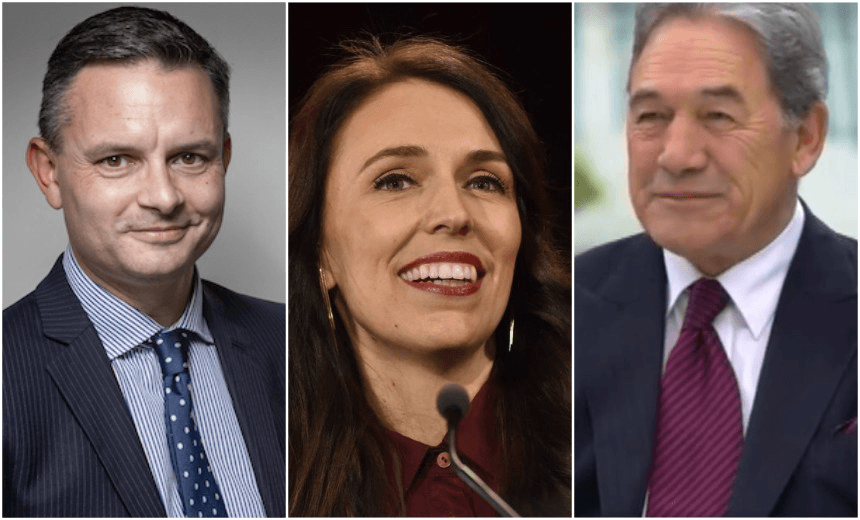Their supporters may not like it, but the smart choice for Labour might be to bow out of coalition negotiations and resign themselves to three more years in opposition. Former National cabinet minister Wayne Mapp explains why.
It is almost always the case that political parties will want to form a government whenever it is possible. But is it always the right choice?
I recall this debate in 1996 in the National Party caucus, when I had been newly elected as MP for North Shore. Was it actually in the National Party’s interest to form a government with Winston Peters? The majority, after a heated and passionate debate, concluded that it was. Nothing was held back in that debate.
However, the actual experience of being in coalition government from 1996 to 1999 was anything but edifying. There was too much distrust between National and New Zealand First. The expulsion of Winston Peters from National was altogether too fresh in the memory. Jim Bolger tried exceptionally hard to make the coalition work, but this effort proved to be the cause of his downfall, among too many of his colleagues. But the situation only got worse when he was replaced as prime minister. The coalition fell apart and the government became reliant on a group of rebel MPs, including Alamein Kopu, formerly of the Alliance.
It is also arguable that the decision to go into that first coalition government resulted in National being in opposition for nine years from 1999 to 2008. Labour could in fact have benefitted from not being in the first MMP coalition with Winston Peters, because they used their time in opposition to lay a much more secure foundation for a long term government.
Now I assume everyone has learnt a lot in the intervening 20 years. I can’t imagine that a coalition government in 2017 will be anything like that of 1996. Nevertheless the basic question has to be asked: is Labour in a similar position to Labour in 1996, and facing a similar choice?
On election night this time Labour was over 10 percentage points behind National. It is a substantial gap. Even when special votes are counted, this is unlikely to change dramatically. A centre-left government will still require the three parties of Labour, New Zealand First and the Greens. And even then it will only have a one or two seat majority.
So why might Labour conclude that waiting three years to 2020 will be to its advantage?
First, it is highly unlikely that National could win a fifth term. Not impossible, but it has not been done for over 100 years. So Labour could reasonably expect to win in 2020.
Second, Jacinda Ardern will gain kudos by making a principled stand of being in opposition. She will be relentless in holding the government to account. That provides the platform to build on her success to date, and to actually propel Labour ahead of National, or at the minimum, close the gap to much less than 10 percent.
Third, she will be able to build a much more effective team. Labour has gained some talented newcomers. Willow-Jean Prime and Deborah Russell stand out. They could easily be in Cabinet in three years.
Fourth, she can use the time in opposition to sort out Labour’s policies, to present a much more coherent and appealing policy package that will not be vulnerable to National attack, in the way the current policy prescription was.
Labour’s key mentor is Helen Clark. From a historical perspective it seems likely that Helen Clark would recognise that she was able to form a much better government in 1999 than she could have in 1996. She personally benefitted from the three years in opposition. The relatively straight forward coalitions she was able to put together in 1999, 2002 and in 2005 were able to provide reasonably coherent and stable government. This was because Labour was the dominant component of the government and did not have to make bad policy concessions.
Will this lesson of recent Labour history provide a guide, or will the allure of power be so compelling that such historical considerations will be put aside?

